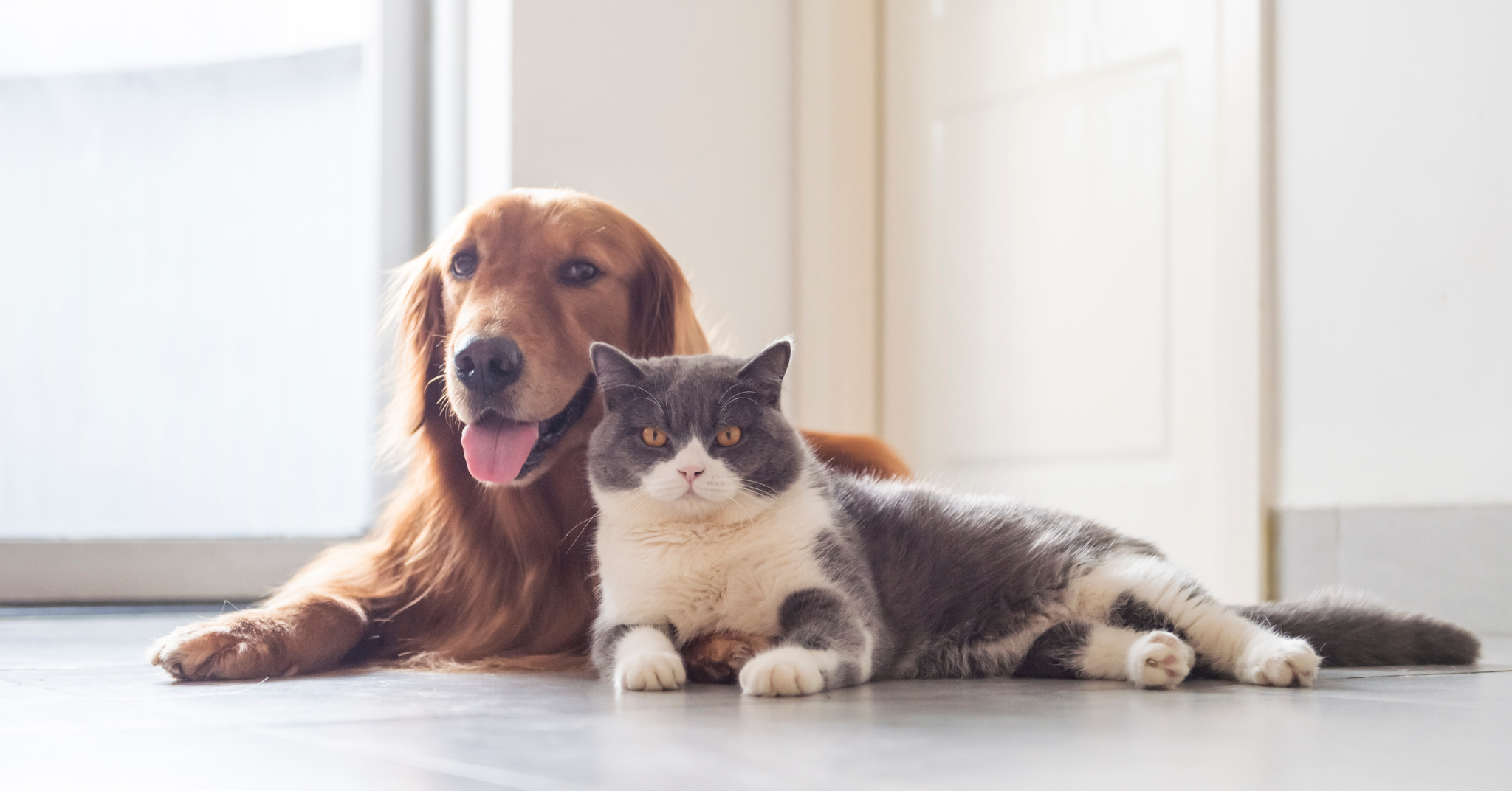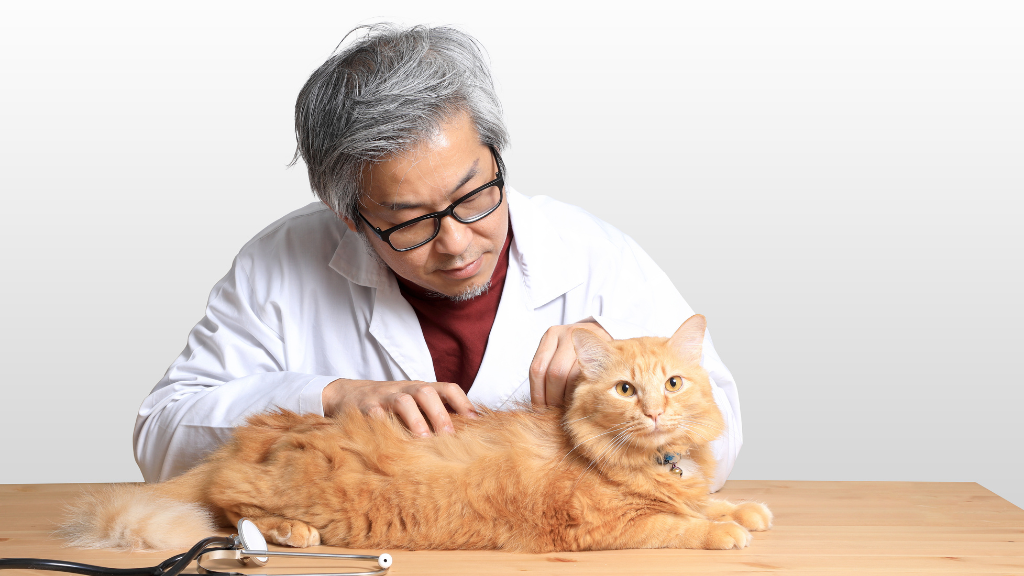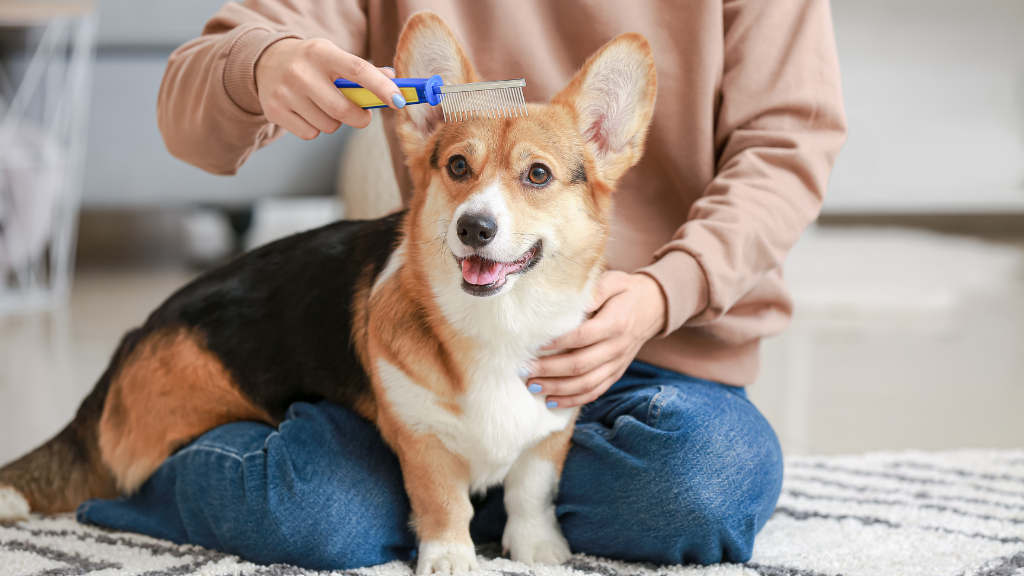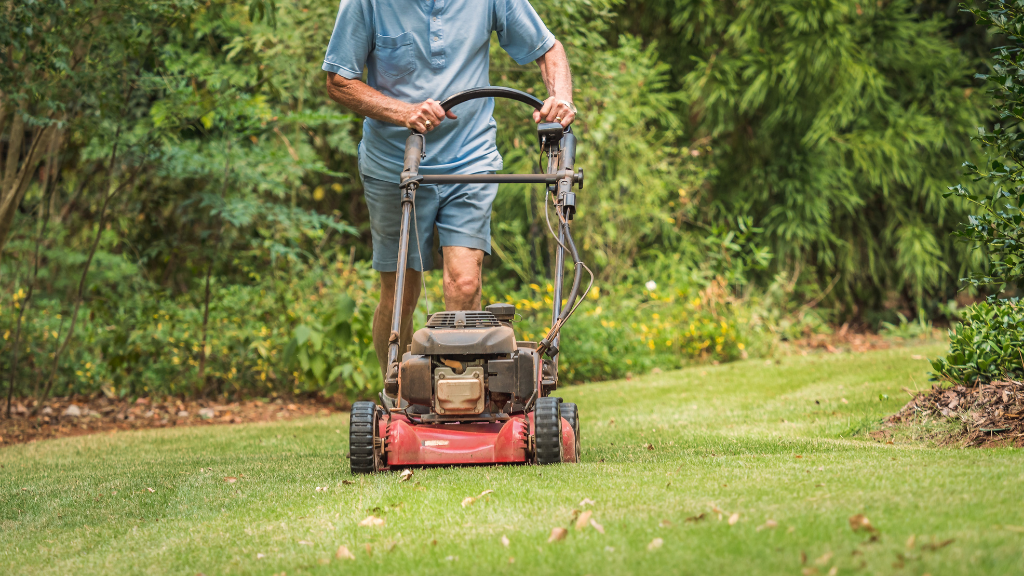Keeping Pests Away from Pets

Bugs are just as aggravating to our four-legged friends as they are to us, though our furry family members often aren’t able to tell us just how irritating the bites, stings, and incessant buzzing can be. Follow these handy tips to not only help your pets get the peace they deserve but keep them healthy and out of harm’s way, too.
PESTS ARE ATTRACTED TO ANIMALS
Pet owners are generally cautious and aware when it comes to fleas and ticks but aren’t always on the lookout for the flies, spiders, gnats, mosquitoes, bees, wasps, ants, bedbugs, and worms that bother pets as well. Many of the pests that affect our pets are harmless nuisances, while others are transporting serious illnesses and diseases. Bites and stings on a human family member might be attended to quicker than a bite or sting concealed by fur, which can lead to infections, infestations, or other complications that can threaten the health, wellbeing, and even longevity of your pet’s life.
Because pets are lower to the ground and tend to take fewer baths than we do (no offense, Fido!), their fur, hair oils, food smells, and other particles make them walking pest magnets. Pets are also less likely to be as cautious as we are around aggressive pests with stingers, nor will they always be able to notice that they just strutted right through a group of fire ants, making them more susceptible to injuries associated with pests. It’s up to pet owners to safeguard their vulnerable pets from pests.
PEST-PROOF YOUR PETS
Pet owners rejoice: many pest problems that disturb our adorable furry friends can be prevented with a few simple measures you can take today.
USE VETERINARIAN-RECOMMENDED SUPPLEMENTS
A visit to your local veterinarian is a great way to get specific advice for your particular pet. Any pet that spends time outdoors should be on a flea-and-tick preventative. These medications can be administered in a variety of ways (topically, orally, injectable, etc.) and are often applied monthly or quarterly. Your vet can work with you to select a product that will work best for you and your pet. It’s also a good idea to ask about heartworm preventatives. A single unlucky mosquito bite can introduce potentially fatal heartworms to your pet. Consult your veterinarian to see which preventative medications are right for your pet before administering them at home.
RAMP UP THEIR GROOMING
Flies swarming near Fluffy? She might just need a good scrub. Pets spend a considerable amount of time near dirt, the ground, and (let’s face it), their own feces. Inspect and comb through their fur after they’ve spent time outdoors and add a few more baths to their schedule using pest-repelling shampoo. For pets with long fur, consider grooming it shorter during warmer months when pests are more active.
CLEAN UP PET SPACES
The stray pet food, standing water, and extra crumbs tracked around the kitchen create a perfect storm for pest infestations. Ideally, pet food should be stored in airtight containers. Raise food and water dishes off the floor (where pests are most likely to be) by either using raised bowls or a platform. Periodically toss pet beds, blankets, and soft toys in the washing machine and wash hard toys in the sink. Make sure pet waste is cleaned up promptly, too, as it attracts bugs like flies, beetles, and cockroaches.
INSPECT YOUR HOME AND GARDEN
An important step in pest-proofing your pet is pest-proofing the home you occupy together. Vigilantly inspect the perimeter of your home for any spots that could use a shot of caulking or sealant, and repair any cracks or holes that might let pests in. A clean home and manicured lawn not only provide fewer hiding spots for pests, but also ensure you have fewer crumbs, spills, messes, and other attractants that might draw pests in.
Your pets deserve as long and healthy a life as can be provided. Our pest control professionals are trained in a variety of pet-friendly control methods, so you’ll never have to choose between your pet and professional pest control. If DIY pest control isn’t cutting it, contact our team and we’ll make sure you and your pets are taken care of.







